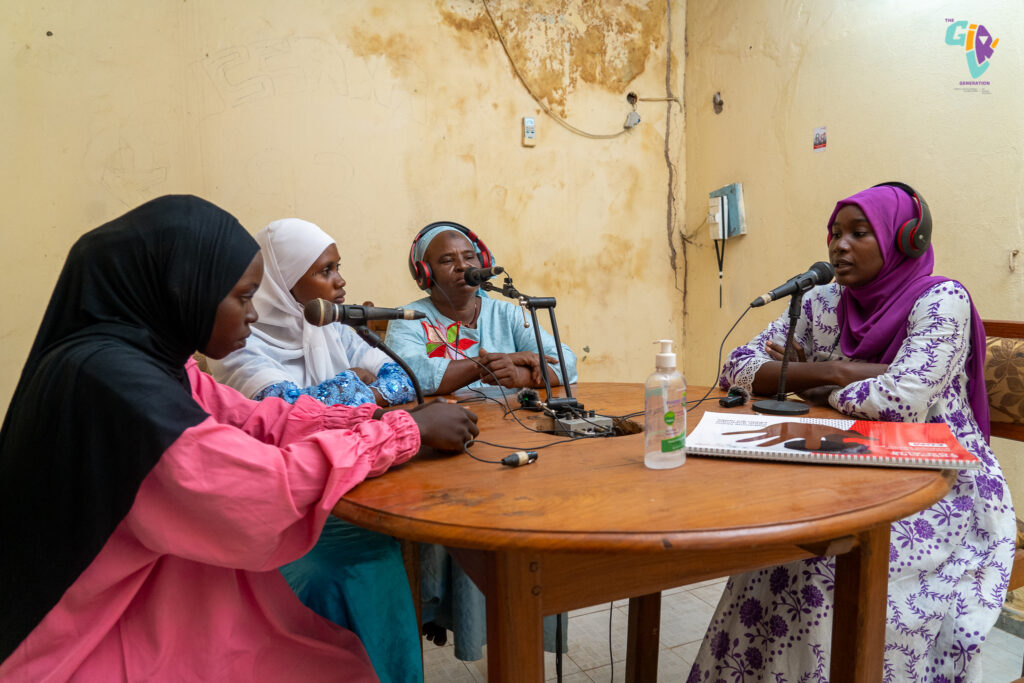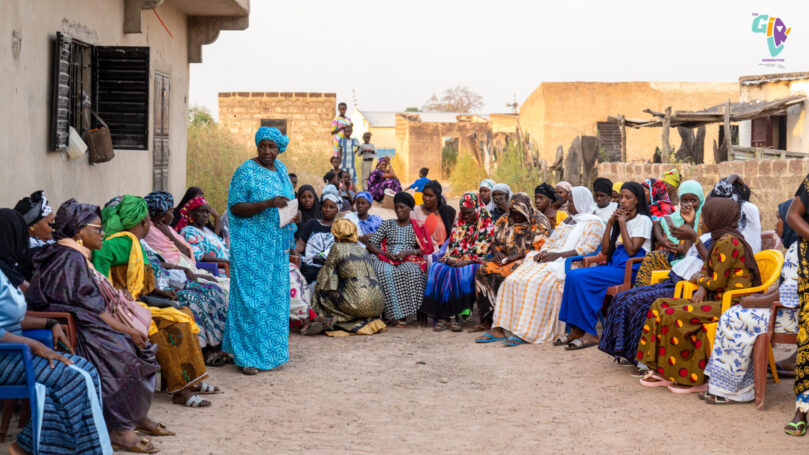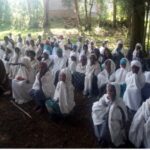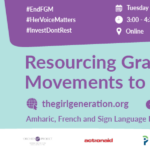In Tambacounda, 410km southeast of Dakar, FGM/C persists. Despite global efforts to end female genital mutilation/cutting (FGM/C), the practice continues to affect millions of girls and women worldwide. According to UNICEF, more than 230 million girls and women alive today have undergone FGM/C. In Senegal, where the prevalence varies across ethnic groups, the Soninke, Mandingo, Fulani and Soce communities report rates as high as 66%, while the practice remains rare among the Serer and Wolof.
To enhance efforts toward ending FGM/C, TGG-ALM through its grants mechanism, partners with local organisations to leverage their community knowledge and trust. TGG-ALM recognises that community-led organisations have deep-rooted connections and understand the cultural, social and religious dynamics within their regions.
OFAD NAFORE is one of TGG-ALMs grantee partners that play a pivotal role in leading change at the grassroots and strengthening the capacity of grassroots organizations to create sustainable change.
With an emphasis on governance, financial literacy, and monitoring skills, OFAD has provided support to five TGG-ALM grassroots organizations in Tambacounda since the grants inception in 2023. Amady Sow, Head of Programs, stated, “We see our role as not only filling gaps for both the medium and small grantees but also ensuring their sustainability even after the program ends.”
OFAD NAFORE employs a multi-faceted approach in its community implementation to end FGM/C:
- Advocacy-Led Implementation:
Girls and young women are empowered to lead advocacy efforts in their communities. OFAD provides technical support, enabling them to take charge of the anti-FGM narrative.
- Collaborative Approach:
The organization co-develops tools and techniques that are specific to the cultural contexts of the communities in Tambacounda by collaborating with young advocates.
- Participatory Leadership:
Girls are placed at the forefront of planning. Their action plans are designed with a “Do No Harm” principle to protect their safety and well-being.
Through these approaches, OFAD ensures that the voices of girls—those most affected by FGM/C are at the forefront. “Our situational analyses guide us to address the unique challenges girls face in this vast region,” Sow added.
TGG-ALM believes that local organisations are better equipped to design culturally sensitive interventions that resonate with the communities, increasing their likelihood of acceptance, success and sustainability.
Measurable Impact
One year later, OFAD as the anchor grantee in Tambacounda has made notable significant milestones.
- Grassroots organizations have been strengthened in governance, financial reporting, and evaluation skills.
- OFAD’s monitoring and evaluation officer ensures continuous support to the medium and small grantees in evidence and knowledge generation.
- Conducts regular organizational assessments to understand the needs of the small and medium grantees and how they can tailor their support to meet their needs.

As advocacy efforts against FGM continue, OFAD anticipates stronger community engagement in the coming years. Sow is optimistic about the future: “More voices will rise to call FGM/C for what it is, a harmful outdated practice that must end.”
The Girl Generation currently has 78 grantee partners across our focus countries, Somaliland, Ethiopia and Senegal who are continuously strengthening our Africa-led movement to end FGM/C.
OFAD’s work stands as a testament to the power of grassroots organisations leading the change and the importance of empowering those most affected to lead.



